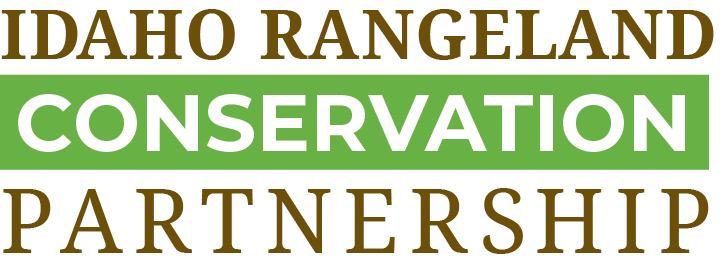
Challenges and Barriers
- Limited flexibility in federal land management policy because of codified prescriptions and assumptions often based on long-term averages in a highly variable system, and applied on individual pastures or allotments with limited acknowledgement of how those units relate to other areas or resources within the ranch or landscape.
- Concern by private land owners that decisions about management on their deeded lands will be dictated by others and limit their enterprise flexibility.
- Insufficient monitoring approaches to provide objective and timely information at relevant scales including ecological, economic, and social outcomes.
- Increased time and resources needed for planning and monitoring to accomplish outcome-based approaches. Time and money will also be needed for initial investments (e.g., infrastructure, livestock numbers, base-line assessments) to enact proposed management approaches.
- Uncertainty associated with significant change and the unknown risks to economics goals, ecological condition and vulnerability to litigation.
- Cultures and traditions in land management agencies, the livestock industry, and others that may be difficult to change.
- Mutual mistrust among land managers, producers, conservationists, and environmental activists.
- Challenge of creating a shared vision and among multiple property owners and agencies with different processes and goals.
- Limited public understanding and appreciation for how intact working landscapes and proper stewardship lead to sustainable rangelands and the human communities that rely on them.
